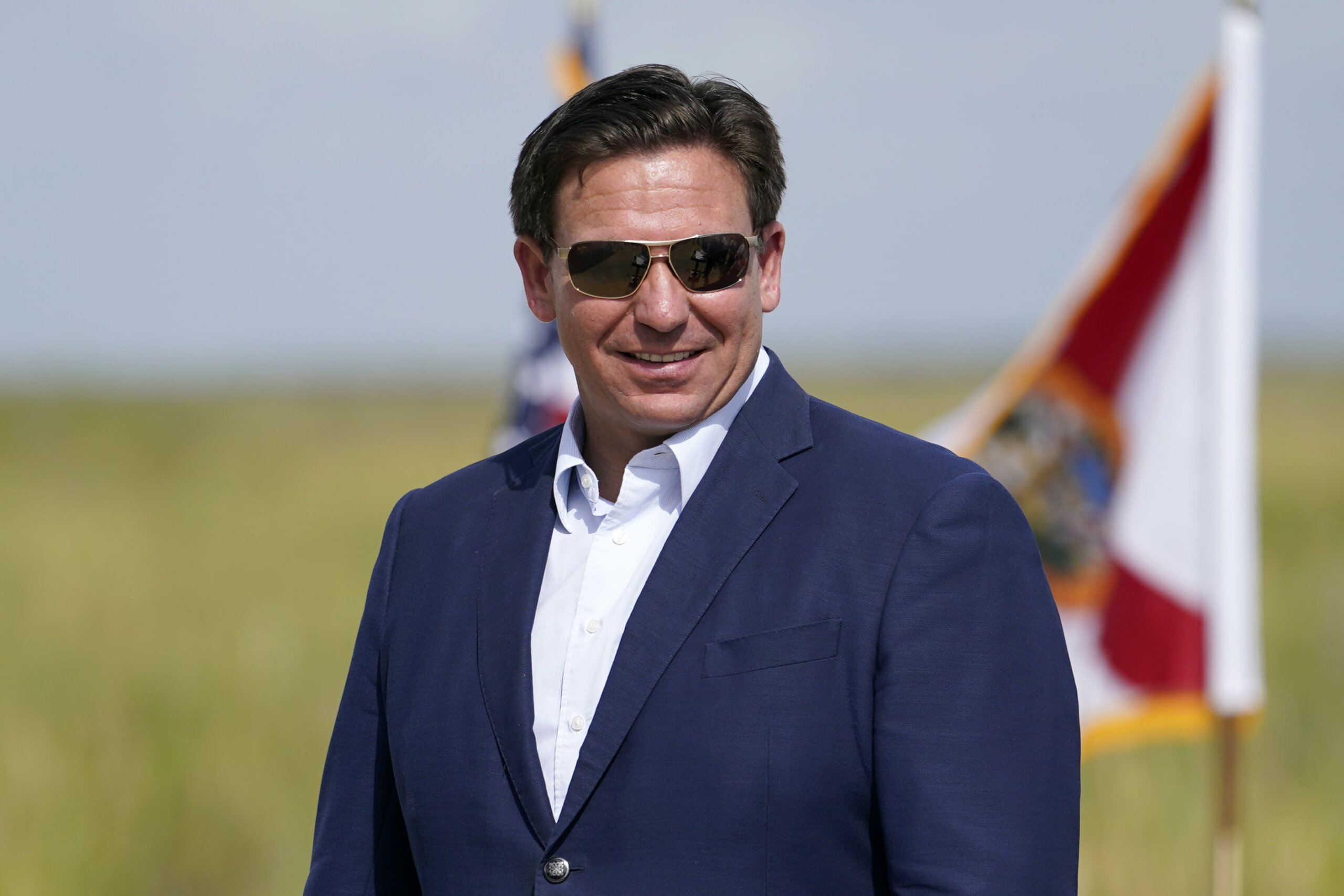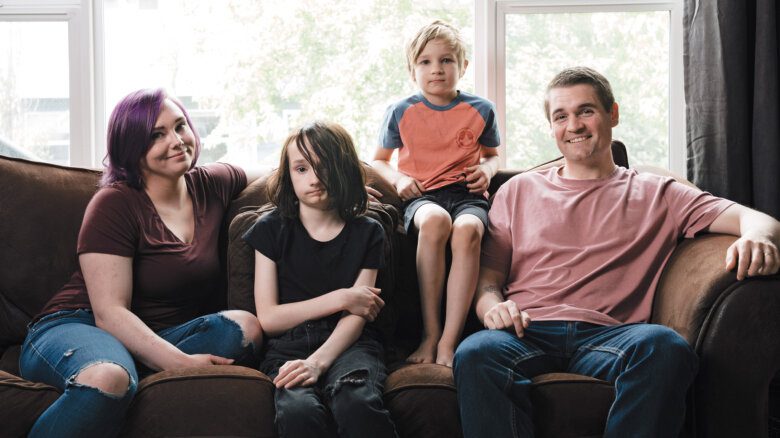Florida is preparing to strip coverage of gender-affirming treatment under its government-run healthcare program.
On August 11, the Florida Agency for Health Care Administration (AHCA) published a rule that will block medical providers from seeking reimbursement for “puberty blockers, hormones and hormone antagonists, sex reassignment surgeries and any other procedures that alter primary or secondary sexual characteristics” under the state’s $36.2 billion Medicaid program. Medicaid is designed to help low-income patients seek healthcare by subsidizing costs.
In a statement accompanying the rule’s Thursday publication, AHCA secretary Simone Marstiller pointed a finger at what she called a “dangerous mix of politics and medicine from doctors in the Biden administration and many of our medical societies across the United States.
“It is imperative for states like Florida to step up and ensure our focus remains on the actual evidence, rather than the eminence of a medical society or association,” she said.
The AHCA rule is set to take effect on August 21, according to The Washington Post. The changes will apply to both trans youth and adults, but those who do not seek Medicaid funding will not be forced to pay out of pocket for gender-affirming treatment.
It’s unclear exactly how many trans patients stand to be impacted, but a 2019 report from The Williams Institute, a University of California Los Angeles think tank, found that at least 9,000 of the estimated 100,300 trans adults who reside in the state were enrolled in Florida’s Medicaid program. That figure does not include minors who are registered for Medicaid.
“The lives, health and well-being of transgender Floridians are at stake, and we stand ready to vindicate their rights.”
Across the United States, the Williams Institute estimates that 152,000 trans individuals are on Medicaid. Of those individuals, 32,000 hail from states that denied them coverage for gender-affirming treatment.
LGBTQ2S+ and allied groups condemned the AHCA’s move shortly after the rule was made public. In a joint statement, the Florida Health Justice Project, Lambda Legal, Southern Legal Counsel and National Health Law Program said the decision is “morally and legally wrong, as well as medically and scientifically unsound.
“We will fight this rule and defend the rights of transgender people in Florida in whatever forum necessary to protect their rights to access healthcare coverage that is readily available to other participants in Florida’s Medicaid program,” the groups stated. “The lives, health and well-being of transgender Floridians are at stake, and we stand ready to vindicate their rights.”
The announcement has been expected for weeks, however, after the AHCA released a report in June claiming that treatments like hormone replacement therapy (HRT) and puberty blockers are not effective treatment for gender dysphoria. This is despite the fact that major U.S. medical associations like the American Academy of Child and Adolescent Psychiatry, American Academy of Pediatrics and Endocrine Society support the use of gender-affirming medical treatments for minors and adults.
Last week, the Florida Board of Medicine voted to initiate its own rule-making process in order to block surgical care and hormone treatment for trans youth. Gender-affirming surgery is generally not a recommended form of care for trans adolescents, but can be prescribed in rare cases.
The Board of Medicine also voted in its August 5 meeting to institute additional barriers for trans adults seeking care. Under the proposal, trans adults would be forced to wait 24 hours before receiving gender-affirming treatments like hormones and surgery and are required to sign informed consent forms that critics allege are littered with dangerous misinformation,” according to The 19th.
The consent form reportedly claims that HRT is not among “generally accepted medical practices” to treat gender dysphoria, which advocates say is untrue. Nikole Parker, director of transgender equality for Equality Florida, said that “health care should be driven by scientific consensus, not political pandering or an election cycle.”
“Access to healthcare is a right every human being deserves,” Parker said in a statement. “Transgender individuals are humans just like everyone else. Just because our experience isn’t widely understood, does not mean we don’t deserve respect and access to life-saving healthcare. The country’s major medical and mental health associations recognize the critical importance of gender-affirming care.”
LGBTQ2S+ groups say the attacks on trans health care in Florida have been fuelled by the political ambitions of its own governor: Ron DeSantis, who also signed the state’s controversial “Don’t Say Gay” bill in March, has been touted as a potential 2024 Republican presidential candidate.
DeSantis has been an outspoken critic of trans-affirming medical care, particularly for youth. He has referred to gender-affirming treatments for minors as “literally chopping off the private parts of young kids” and likened the practice to castration. DeSantis has also claimed that doctors who perform transition surgeries should face lawsuits, although the state has yet to push such a policy.
Recently, DeSantis dismissed state attorney Andrew Warren after he signed on to a statement saying he would “not promote the criminalization of gender-affirming healthcare or transgender people.”
The governor has yet to respond publicly to the announcement of the recent AHCA rule.


 Why you can trust Xtra
Why you can trust Xtra


